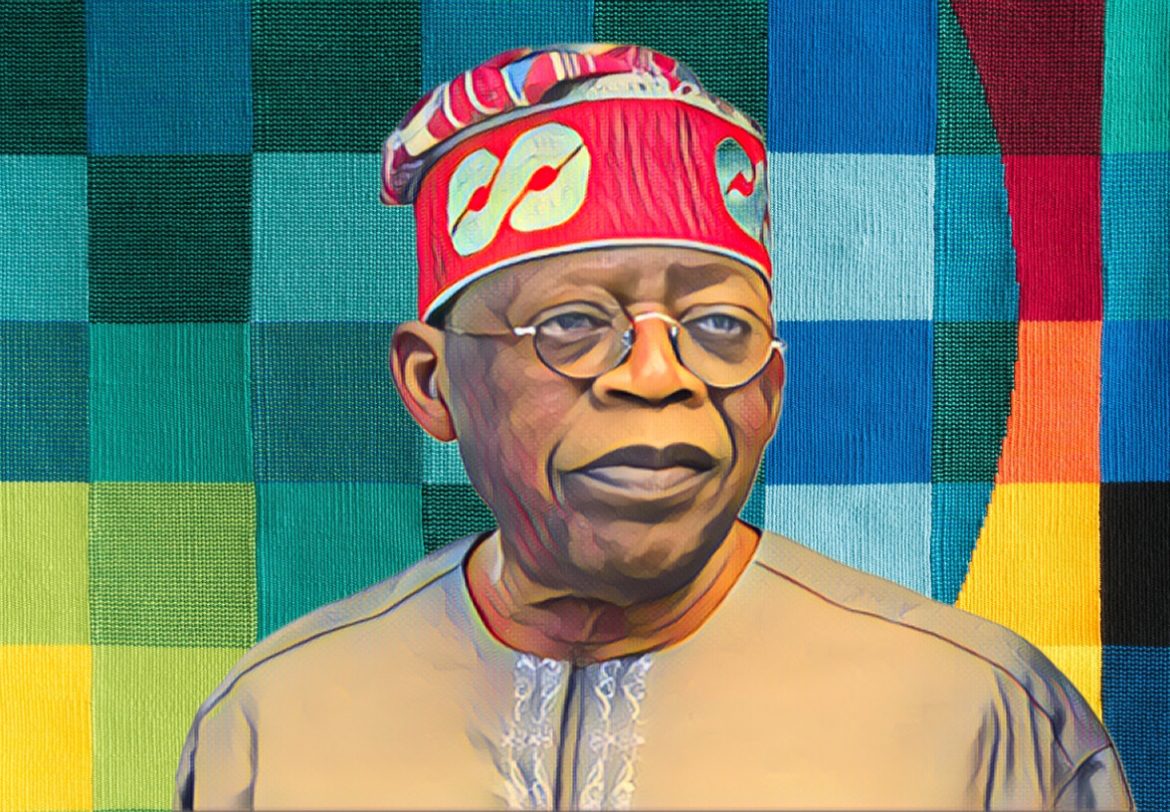Nigerian President Bola Tinubu has reaffirmed his decision not to reinstate the fuel subsidy, emphasizing his commitment to effective governance and economic reform. Despite the rising cost of living and pressures from various quarters, Tinubu remains focused on steering the nation towards sustainable development.
Tinubu’s administration has faced significant challenges since he took office, with the removal of the fuel subsidy being one of the most contentious issues. The subsidy, which had been in place for decades, was intended to keep fuel prices low but became a financial burden on the government. The removal, aimed at reducing government expenditure and promoting economic stability, has led to an increase in fuel prices, affecting the daily lives of Nigerians.
During a recent address, Tinubu highlighted the necessity of the subsidy removal for Nigeria’s long-term economic health. He stated, “We are committed to delivering good governance and ensuring that our economic policies bring lasting benefits to all Nigerians. The removal of the fuel subsidy is a step in the right direction for our nation’s future.”
The President’s stance comes amid growing discontent among citizens who have been grappling with the high cost of fuel and its ripple effects on the cost of goods and services. Critics argue that the removal has exacerbated poverty and hardship, particularly for the lower-income population.
However, Tinubu insists that the subsidy was unsustainable and that its removal is part of broader economic reforms aimed at reducing fiscal deficits and encouraging investment in other critical sectors. The government has promised to cushion the impact through social intervention programs and investments in infrastructure and public services.
In his speech, Tinubu also pointed out that the funds previously allocated to the subsidy would now be redirected to improve healthcare, education, and infrastructure. “Our goal is to build a resilient economy that provides opportunities for all Nigerians. We cannot achieve this by continuing with policies that drain our resources,” he added.
The Nigerian government is also working on strategies to boost local production and reduce dependency on imported fuel. By refining more crude oil domestically, the government aims to stabilize the market and bring down fuel prices in the long run.
Economic experts have backed Tinubu’s decision, noting that while the transition period is tough, the long-term benefits outweigh the short-term challenges. They argue that the subsidy had become a loophole for corruption and inefficiency within the oil sector.
Despite the current hardships, there is optimism that the government’s efforts will eventually lead to a more robust and self-sufficient economy. Tinubu has called on Nigerians to remain patient and supportive of the government’s initiatives, promising that the sacrifices made today will lead to a better tomorrow.
As Nigeria navigates this critical period, Tinubu’s leadership will be pivotal in determining the country’s economic trajectory. His unwavering stance on the fuel subsidy issue underscores his dedication to transformative governance and economic resilience.
For further updates on this story, visit BusinessDay.ng.


